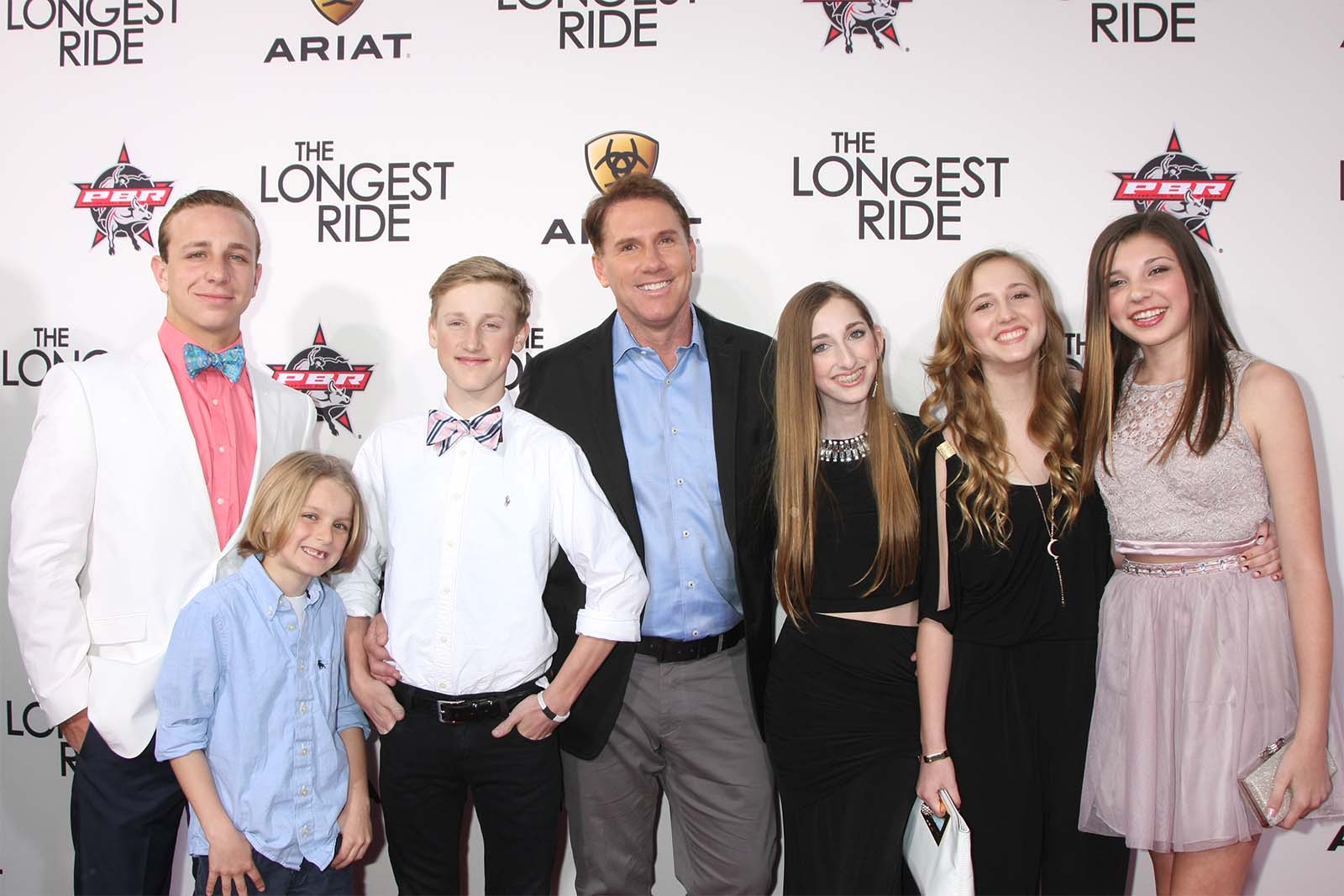If you’re a fan of romantic dramas or romance novels, you are undoubtedly familiar with the face of the genre, Nicholas Sparks. Since he began writing in 1996, he has written 24 books and 11 of them have been adapted for movies and television. Every single one of his books have been New York Times bestsellers and he has sold over 105 million copies worldwide, in more than 50 languages. If you’re a superfan, you might already know that information. But did you also know that he is Catholic, and he uses Catholic themes and messages in his novels?
Sparks was recently interviewed by the Catholic News Service about his latest book, The Wish, and on The Cale Clarke Show, Cale talked about the way Sparks says his faith influenced his life and work.
Mike Mastromatteo, who covered the interview, quoted Sparks as saying, “I was born and raised Catholic (and I am) still Catholic. I have tried to make the best novels I can. And the faith element really depends on the particular story and its characters.” In other words, he is interested in weaving these elements and his knowledge of the faith into his stories, but only if they call for it in the particular story he’s working on. As any novelist might understand, it doesn’t pay to wedge a concept into a book if it doesn’t fit.
Sparks said of his most recent book, “Catholicism pretty much sets the entire story in motion. The characters’ faith, belief in God, and the particular practices and doctrines associated with Catholicism are what led to this story.” The book features a woman named Aunt Linda, who is a former nun (Mastromatteo calls her “one of the strongest characters”) and who quotes St. Therese of Lisieux in a teaching moment with her niece, Maggie.
Cale talked a bit about Sparks’ past and the fact that he had no intention of ever becoming an author when he was in high school and college. In fact, he was actually an elite track star at Notre Dame where he and his teammates set the record for the outdoor 4×800-meter relay. However, Sparks injured his ankle badly and as he was prohibited from participating in sports, his mother suggested that he “write a book.” As he studied finance at Notre Dame, he joined a creative writing program and from that point onward, he just kept on writing.
After he graduated, he didn’t know what he wanted to do, but he knew he loved to write. So when he was 28 years old, he spent 6 months writing The Notebook. It went on to become a New York Times bestseller and they made a movie out of it starring Ryan Gosling and Rachel McAdams. The Notebook is widely regarded as one of, if not the, most iconic romance movies of our time. Sparks credits much of his success to that creative writing program he was in at Notre Dame and when he found success as an author, he donated a lot of money to their program, amongst other charities, scholarships, and projects.
Sparks also founded The Nicholas Sparks Foundation, a 501(c)(3) nonprofit that is dedicated to “improving cultural and international understanding through global education experiences for students of all ages.” Just as he tends to insert Catholic themes into his stories because of his upbringing, many of the novels he writes come from real experiences in his life. For example, his latest book, The Wish is about a girl who gets premaritally pregnant and is sent to live with her aunt, the former nun. That was based on the true story of a girl that Sparks knew growing up. He said that while he’s not inserting himself into those stories, he’s inserting elements that he is aware of – like his Catholicism – into the fictional adaptations of these characters.
At the end of the interview, Sparks gave a statement about what faith means to him. “I think faith is the process or the act of believing without proof. And one has to justify the act of belief without the aspects of proof. And part of that is there are unanswerable questions. Why is there suffering in the world? Why do people have to suffer? These are questions that [have] plagued theologians and philosophers for thousands of years. But the belief without proof on the other hand is about submission. It’s the idea that there is a God — Father; Jesus, his Son; and the Holy Spirit — and we’re not always meant to understand all of it.”
Listen to the full segment below:
Tune in to The Cale Clarke Show weekdays at 5pm CT

